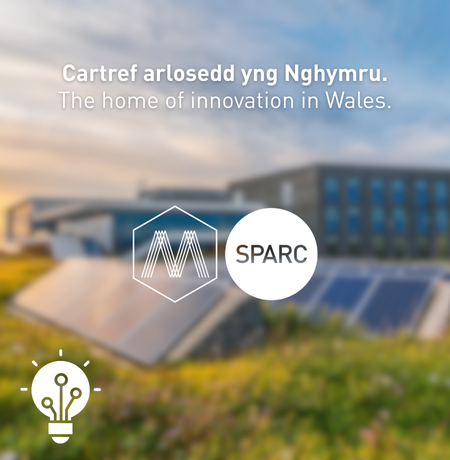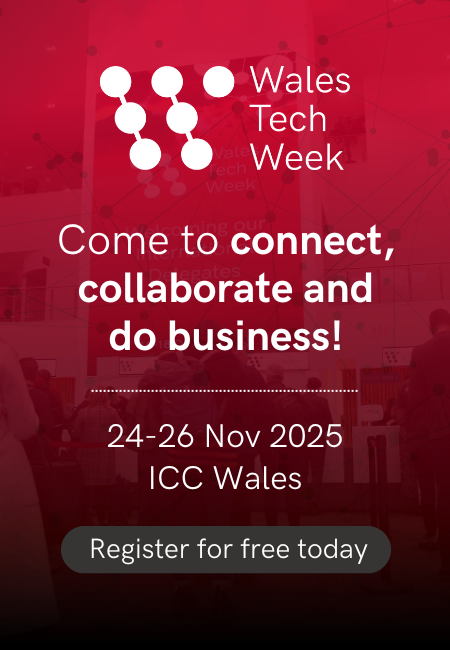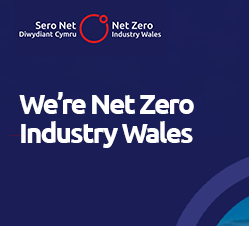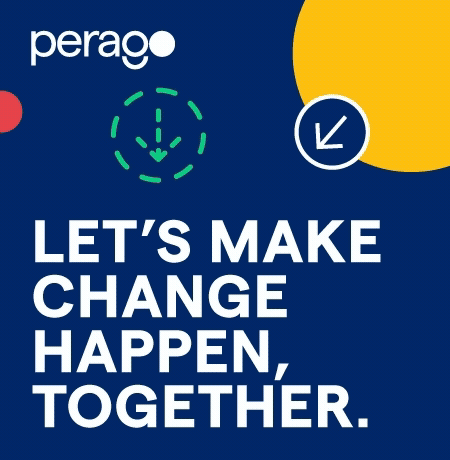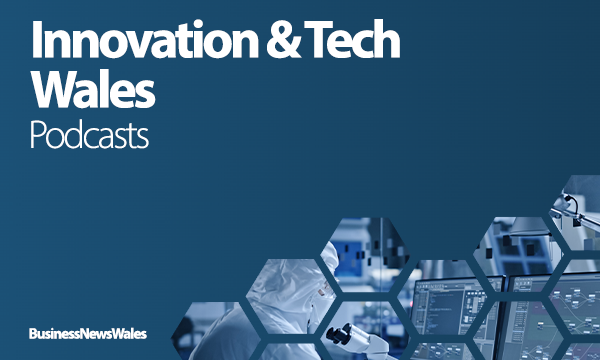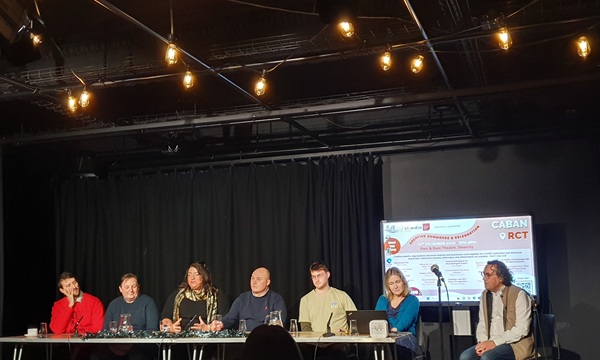
GUEST COLUMN:
Phil O'Donnell
Group Managing Director
GTS Flexible Materials Ltd

Wales has a proud industrial past. The challenge now is to build a manufacturing future that’s fit for the rapid pace of global change – and to make sure we aren’t left behind.
I believe the opportunity is there for us to turn global trends like electrification, decarbonisation, and supply chain restructuring to our advantage. But doing so will require real collaboration between government and industry, and a shift in how we approach skills, investment and long-term planning.
I run GTS Flexible Materials on the Rassau Industrial Estate in Ebbw Vale. We manufacture technical adhesives and flexible composites used to insulate and protect in the renewable energy fields and in the electrification of everything from electric vehicles to trains and aircraft, as well as hydrogen fuel cells. We export 95% of what we make, and nearly half of that goes to China. So we are very aware of what global competition looks like, and how quickly international markets are moving.
There’s no question that we face some serious challenges here in Wales. Manufacturing businesses like mine are already competing against strong global players. That would be difficult enough, but we’re also dealing with a pace of change that’s accelerating all the time, particularly in the industries we supply into. I don’t believe we’re matching that pace at the moment, and that’s a risk. If we want to be genuinely competitive, we need to move faster.
There are specific issues too. For us, the recent rise in National Insurance contributions means we’ll have to hold back on hiring apprentices this year. That’s three young people we won’t be able to bring into the business. And that’s frustrating, because investing in skills is something I care deeply about, and something I believe should be at the heart of our strategy in Wales.
There are things we can learn from elsewhere. I spent time living and working in Asia and saw first-hand how important customer intimacy is. When businesses really understand one another, when they have close, trusting relationships, everything works better, and that’s especially true in sectors like ours, where we’re often working on technical problems together. Becoming the expert that customers come to instinctively should be the ambition.
R&D is another area where we need to lift our sights. The countries we’re competing with are focused on the future and they back that focus with funding and long-term support. When I set up a factory in Asia, we were able to negotiate a five-year rates hiatus. That gave us the breathing space we needed to get started. We also had local officials on hand to help when challenges came up. That kind of practical, responsive support makes a real difference.
Of course, there is support available in the UK, but understanding how to access it can be a minefield. And the funding models that aren’t always visible to the businesses that could benefit from them most. There are some excellent programmes, like the Undaunted initiative led by Imperial College London and the Royal Institution, which combine climate innovation, entrepreneurship and investment. But too often, businesses simply don’t know about them. We’ve got to get better at connecting the dots.
So what would make the biggest difference to Welsh manufacturing now? For me, it starts with skills. We need to reach young people earlier and show them that engineering is a real and exciting option. I’ve been lucky – this profession has taken me around the world and given me a huge amount of satisfaction. But if we want more young people to follow that path, we have to make it visible and aspirational. That’s about schools, apprenticeships and changing perceptions. And it’s something that needs action from both government and industry.
Events like the Welsh Automotive Forum’s Autolink 2025 are a great example of how that collaboration can work. I took part in a panel discussion on a strategic framework for Welsh manufacturing, and what stood out was the willingness from both sides to come together and listen. That’s the kind of joint working we need more of – not just to diagnose the problems, but to work through solutions.
We also need to recognise that manufacturing businesses are ready to invest – in people, in equipment, in their communities – but they can’t do that if the policy environment treats them as a source of short-term revenue. If rising taxes stop us hiring or expanding, then the wider economy loses out too. I want to create jobs here in Ebbw Vale. I want to grow the business and take on apprentices. But to do that, we need the right support and a shared sense of direction.
We’ve got strengths here in Wales, including deep expertise, entrepreneurial energy, and the ability to build strong relationships. If we can combine those with a clear focus on the future and the right public and private support, then we can turn global disruption into a real competitive edge. But we need to move quickly, and we need to do it together.



